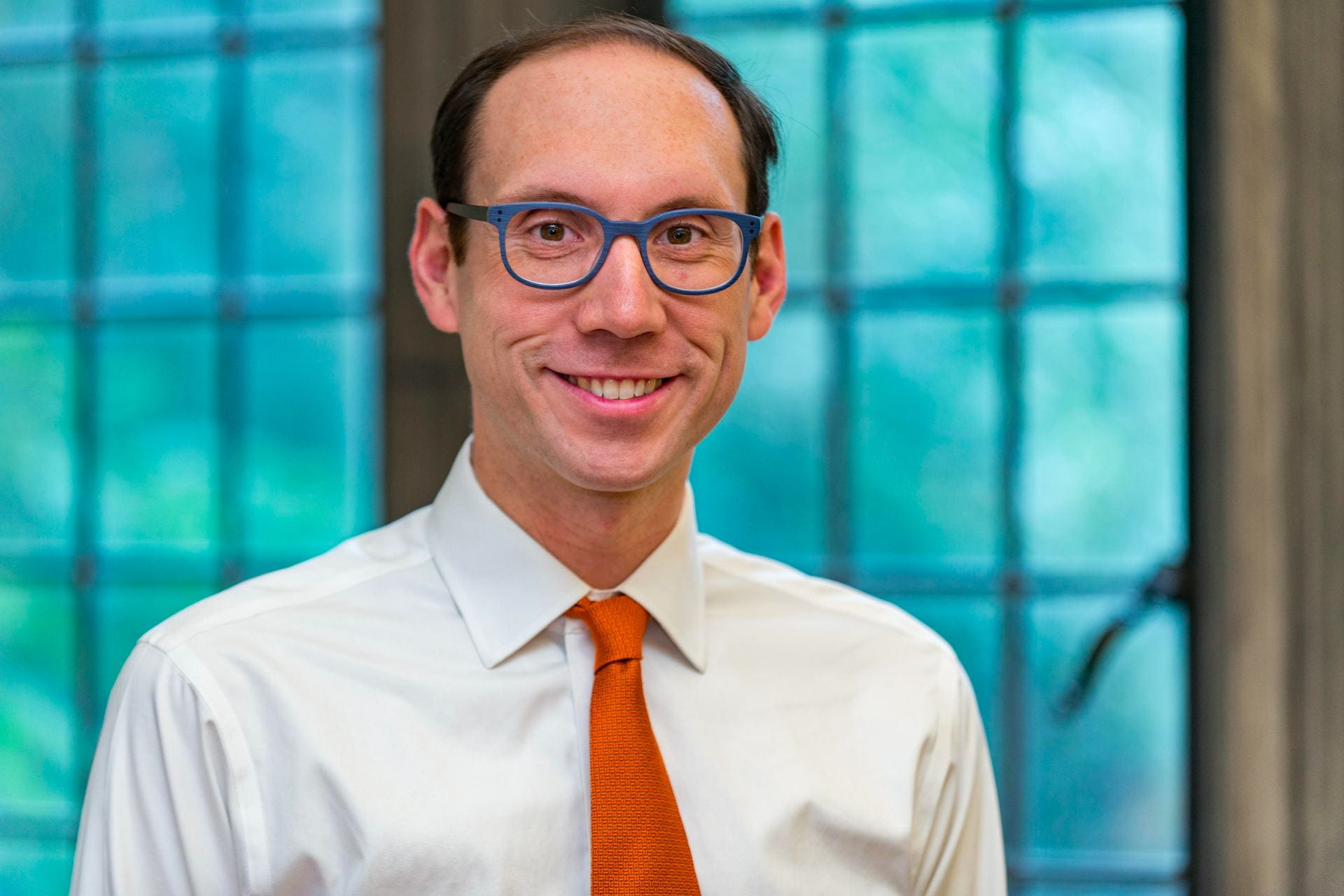Doan: What factors led you to pursue a PhD in political science?
Staniland: I was actually an undergraduate here at UChicago, and I really enjoyed my courses in political science. I thought about a career in the practice of politics, but I really liked the flexibility and autonomy that academia provides – there is the ability to pursue projects with a very long time horizon, and I don’t like wearing a tie, being given direction, or following a set schedule, so I took to graduate school and had a great time there (for the most part – see below!).
Doan: Following up on the previous question, how did you then decide to focus on South Asia?
Staniland: I wish I had a more intellectual answer for this question, but the truth is that I got tired of school while in graduate school after 2 years – I’d gone straight from college, enjoyed the beginning of my PhD program, but was feeling burned out in my third year. I had friends who studied the region, realized that it was a location where my interests were relevant, and it would provide a way to get out of Cambridge. I started Hindi study, cobbled together some funding, and a year later off I went. Luckily, upon arrival, despite my wild lack of preparation, I became immersed in the politics of the region and find it still generating interesting and important questions. South Asia is, by far, the most fascinating place on earth, politically and otherwise. But honestly studying it was not an especially well-thought-through process.
Doan: Your forthcoming book, Armed Politics: Violence, Order, and the State in South Asia, will be published by Cornell University in 2022. Can you give us a brief overview of what your book is about?
Staniland: My book tries to understand why governments in the region have treated “objectively” similar armed groups in such different ways. We see a huge spectrum of state behavior toward non-state armed actors, from tight alliances to live-and-let-live bargains to brutal and sustained warfare. I use a variety of types of data and evidence to argue that the dominant nationalist project of a ruling government deeply shapes how they perceive internal threats: short of extreme cases of unambiguous military threat, the space for repression, negotiation, or neglect is determined by history and politics. I compare India, Pakistan, Sri Lanka, and Burma/Myanmar since decolonization, using case studies and quantitative data to measure outcomes, and various primary and secondary sources to assess rulers’ ideological projects. The basic bet of the book is that clearer understanding of the political basis of threat perception helps us understand patterns of internal security policy.
Doan: What has it been like to work on your book during the Covid-19 crisis?
Staniland: Luckily, my book was mostly finished by the time Covid-19 hit! I spent about five months doing full-time childcare while the book was under review, and since it was accepted I’ve mostly been doing things like cleaning up formatting and looking for typos. It’s been far harder for junior scholars and graduate students who relied on being able to go into the field this past year for research; I think we need to adjust our expectations for what researchers should have been able to do and produce in 2020 and into 2021.
Doan: You were recently interviewed by the Business Standard to discuss your thoughts on the US election. How do you expect the Biden-Harris administration will tackle US policy in South Asia?
Staniland: My best guess at this point is that the basic contours of India-US relations will remain broadly the same – the Biden-Harris administration has its hands full domestically and abroad. The general trajectory is likely to remain similar given the primacy of China in the calculations of both India and the United States. That said, it’s quite possible that there will be greater emphasis on discussions of democracy and human rights, both from the Biden administration and Congress, that may generate greater friction than during the Trump administration, when the Indian government and commentariat got used to a fairly open disinterest in discussions of such issues. I also expect continuity in US policies toward Pakistan – there has been a clear distancing over the last decade, but there are also areas of strategic and tactical convergence that keep the two countries willing to do business. To me the most interesting dynamic centers on Sri Lanka, Nepal, and Bangladesh, where the US, India, Japan, and China are interested players in economics and politics, providing these smaller regional states with agency and room to maneuver.
Doan: How has the political landscape in South Asia been affected by the pandemic?
Staniland: The economic consequences have been devastating; it remains to be seen how long-lasting they are, but 2020 has seen severe human suffering. Politically, however, I think it’s been interesting how little dramatic change the year has seen in the region – the basic structures of political power we entered the year with remain largely intact.
Doan: What advice would you give to students who plan on going into academia?
Staniland: This is a hard one because the job market is a disaster and outside of anyone’s control, so I am hesitant to offer any advice about finding a job. Moreover, academia is facing a set of overlapping crises that make it a challenging path. Everyone pursuing that goal should have a Plan B and Plan C in mind. For those who do end up in academic jobs, my main advice for once you start is to ruthlessly triage your time to focus on the basics of the job – doing publishable work from the dissertation and meeting the teaching and service requirements of your employer.
There are numerous excellent careers outside of academia – for many smart, motivated, and hard-working people, the solitary, politically irrelevant, and often exceptionally mundane academic life (even in the best of cases) may not be for them, and they should seek opportunities to transfer their skills and expertise into other areas. I think disciplinary departments need to be more proactive in promoting those career tracks, while still advocating very aggressively for the enduring value and importance of tenure-track jobs.
Doan: What is a hobby that helps you decompress from work?
Staniland: I am an amateur photographer. These days I mostly take photos of my kids, but I also enjoy nature photography (especially flowers, insects, etc) and, before covid, street photography downtown. I spend too much time on photography online forums, and enjoy using vintage manual focus lenses from the 1950s-1970s, on both film cameras and adapted to a modern digital camera. I am also an avid, oft-disappointed, Chicago Bulls fan. I’ve found that having these interests helps keep me from obsessing too much about professional issues; my work is interesting and I enjoy it, but life is short.

